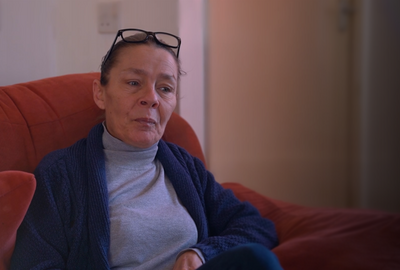<h3>Expectations of pay and conditions for those working in the education sector.</h3>
<p>Independent schools, city technology colleges and academies set their own pay and working conditions, which can be similar to those offered by local authority schools or completely different.</p>
<p>A teaching salary is based upon 39 weeks of teaching annually, generally during the hours of 8.30am to 3.30 or 4pm (secondary school teacher), not including marking and preparation time, which is usually done at home. In addition, new teachers can expect lunchtimes and evenings to be occasionally taken up with unpaid pastoral and extracurricular activities.</p>
<p>A total of 13 weeks paid holiday per year are provided for all state teachers, although marking, planning and preparation often cuts into this holiday time.</p>
<h3>New entrants and climbing the pay scale.</h3>
<p>The starting salary for teaching jobs is high when compared to other graduate starting salaries. After completing initial teacher training and achieving qualified teacher status, an <a href="/jobs/q-nqt/s-education/" target="_blank" rel="noopener noreferrer">NQT </a>can expect to start with a minimum salary of £21,804 a year.</p>
<p>Schools are now able to develop their own pay policies tailored to their own situation; but while it is up to the individual schools how much they pay their teachers and how quickly each one climbs the pay scales, most classroom teachers still start on the main pay scale at M1.</p>
<p>The threshold to the upper pay scale is M6, after which salaries become substantially higher and performance based. It is the governing bodies that decide which teachers should go up the pay scale, based upon recommendations from heads.</p>
<h3>Teaching benefits.</h3>
<p>On top of their basic salary, teachers receive a number of other benefits. These include a generous pension, plenty of holidays and additional money for taking on additional responsibilities (teaching and learning responsibility (TLR) payments, special educational needs allowance).</p>
<p>Teachers who consistently perform well in annual appraisals will find themselves progressing more rapidly up the pay grades.</p>
<h3>London salaries.</h3>
<p>As with most jobs, salaries for teachers in London are higher than in other parts of the UK, and teachers can expect to receive £27,270 in starting salary, reaching a salary of £64,677 for leading practitioners and head teachers up to £113,303.</p>
<p><br> The salaries are highest in Inner London, decreasing gradually as one gets out towards the fringes. In terms of pay, 'Outer London' means all of Greater London, excluding the inner London area, while 'London Fringe' includes Crawley, Dartford, Sevenoaks, Basildon, Windsor, parts of Hertfordshire and Buckinghamshire and all of Surrey.</p>
<h4>Types of roles.</h4>
<p>Unqualified teachers in Inner London can expect to receive a salary of between £20,092 and £29,379, or £18,977 to £28,272 in Outer London.</p>
<p>Upper pay ranges, which are dependent upon position, performance and experience, range from an average of £37,000 in the London Fringe to around £44,000 in Inner London.</p>
<p>The average salary for a teaching assistant in London is £17,610, while the average salary for a childcare assessor or internal verifier in Inner London is £23,000.</p>
<p>Temporary supply rates are provided on a daily basis. For supply teachers employed on a day to day basis, pay rates can range from £129 to £208 a day depending on the teacher's experience as well as the individual school.</p>
read more about careers in teaching.
see all articles-
 29 April 2024
29 April 2024the impact of randstad's tuition services - a parent's and carers perspective - spring 2024.
-
 29 April 2024
29 April 2024our spring 2024 tutor survey results.
-
 08 February 2024
08 February 2024our autumn 2023 tutor survey results
-
 30 January 2024
30 January 2024the impact of Randstad's tuition services - a parent's and carers perspective
-
 11 July 2023
11 July 2023maths teacher jobs: how to successfully apply.
-
 01 June 2023
01 June 2023teacher resignation dates and notice periods in the UK 2023.
